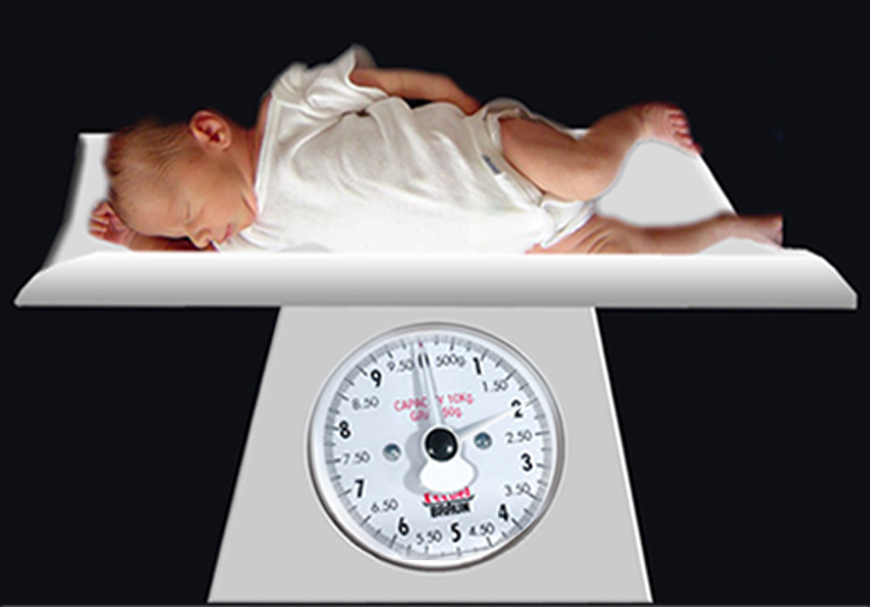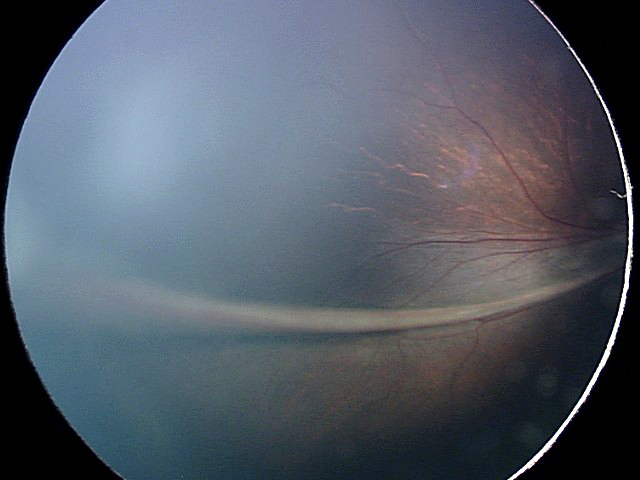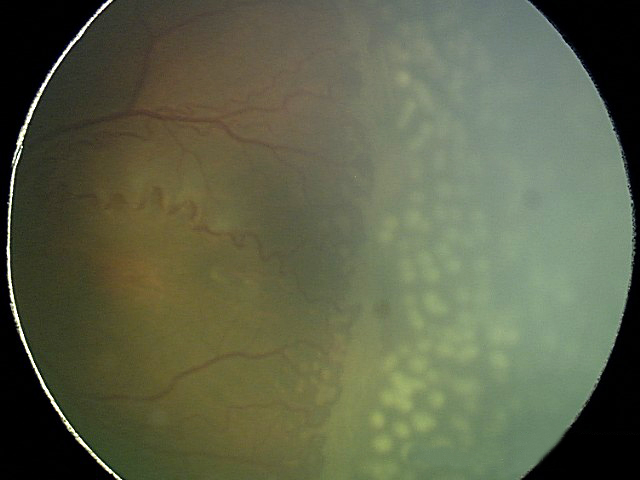What is Retinopathy of Prematurity?
Retinopathy of Prematurity (ROP) occurs due to abnormal growth of blood vessels in an infant’s eye. During development, blood vessels grow from the central part of the retina outwards. This process is completed few weeks before the normal time of delivery. However in premature babies, it is incomplete. If blood vessels grow normally, ROP does not occur. On the contrary, if the vessels grow and branch abnormally the baby develops ROP.




